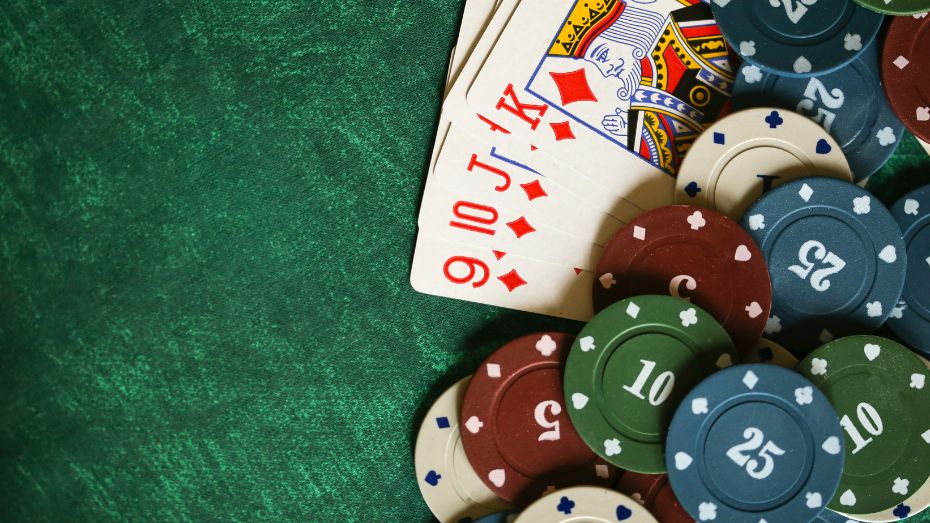Poker Chips Explained
Online Poker is more than simply cards and bets; it is a game rich in history and strategy. The use of poker chips is practically associated with the game itself, especially in brick-and-mortar casinos. Poker chips are instantly recognizable even to those who have never played the game or had any interest in it.
These seemingly little discs of varying materials, hues, and values have a deep history and provide exciting new dimensions to the game. They streamline the betting procedure by replacing actual cash in casinos. Let’s examine some little-known information regarding poker chips that every player should know.

Poker Chips: A Concise History
Since their origin, poker chips have undergone several changes. They may have been employed in several 9th-century Chinese games, according to available evidence. The modern poker chip was developed in the early 19th century in Europe and the United States as a monetary replacement to eliminate the necessity for frequent currency exchanges during play.

Unfortunately, they were easily counterfeited since they were created from bone, ivory, and clay. That’s why the first casinos commissioned special-edition chips for their games and tournaments.
Over time, improvements were made to the layout and music to make the game more accessible and standardized. Casinos put a lot of effort into ensuring their chips are distinctive and hard to counterfeit by designing them, engraving the casino’s name, and using other security measures.
Poker Chip Varieties
Although most poker chips are shaped like little balls in various colors and designs, the high rollers at some games prefer special chips that are more like rectangles. These days, poker chips may be made from a variety of materials, each with its own set of pros and cons.

Poker chips often come in the following varieties:
When the chips are down, it refers to a player’s precarious financial situation since many of their chips have been lost.
Poker Chips’ Assorted Hues
Poker chips come in a rainbow of colors, each of which denotes a different value. White (or a light shade of grey) represents the smallest denomination, red represents the middle range, blue represents slightly higher values, green represents much higher values, and black represents the most elevated.

The uniform color scheme for casino chips makes it simple for players and the house to determine the value of each chip.
Catchy Chips in Poker
Poker chips are pieces of beauty as much as functional instruments. Collectors seek out particular chips because of their unusual patterns, shapes, and colors. The World Series final is a perfect example of a significant event worthy of its commemorative chip. These unique chips represent a wide variety of players and provide an added dimension of excitement to the game.
Competitions in Poker

Tournaments employ a particular structure for chip values, and such chips are often valid just for the specific tournament. Event chips are collectibles because their face value is sometimes lower than their monetary value, and they often bear the name of the event they were used in.
You will sometimes see different colors or values of chips at the final tables of World Series of Poker or World Poker Tour events since the chip values are typically set differently for each tournament.
All players start with the same number of chips, and as blinds climb, chips become more valuable. The value of each chip becomes secondary to the overall goal of amassing a giant stack than your opponents.
Conclusion
Poker chips play a significant role in the background, strategy, and fun of the game. Poker may be elevated above and beyond the cards and stakes by learning about the many kinds, colors, values, and tricks of the deck. When you play poker at Go Perya Casino, you may even use virtual poker chips.











